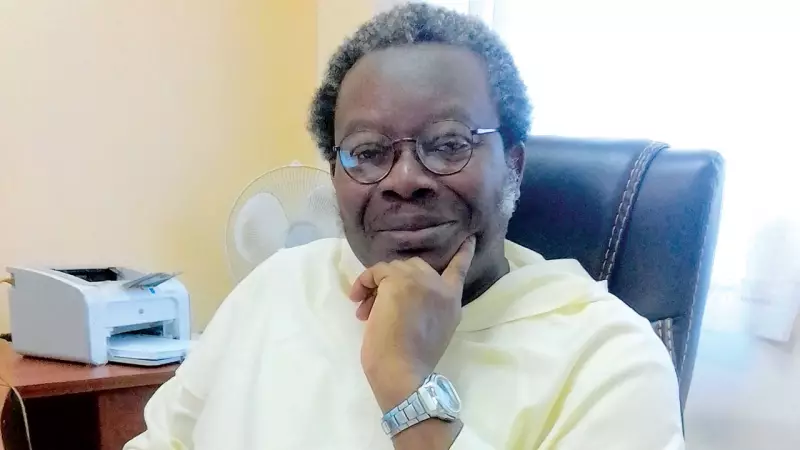
In a powerful address that has sent ripples through Nigeria's education sector, a leading university Vice-Chancellor has issued an urgent plea for radical government reform and substantial increases in education funding.
The Funding Crisis in Nigerian Universities
The academic leader highlighted the severe financial constraints crippling Nigeria's tertiary institutions, emphasizing that current funding levels fall dangerously short of meeting the basic needs of universities across the country. "Our institutions are struggling to maintain academic standards while operating with inadequate resources," the VC stated during the recent address.
Radical Solution: Smaller Government, Bigger Education Budget
The Vice-Chancellor proposed a controversial but necessary solution: significantly reduce the size and cost of government operations to free up substantial funds for education. "We cannot continue to maintain an oversized government apparatus while our universities suffer from chronic underfunding," the academic leader argued.
The proposal suggests that savings from streamlining government operations should be directly channeled into the education sector, particularly tertiary institutions that serve as critical drivers of national development and innovation.
Consequences of Continued Underfunding
The VC painted a grim picture of what continued underfunding could mean for Nigeria's future:
- Brain drain acceleration: Top academic talent continues to leave for better-funded institutions abroad
- Infrastructure decay: University facilities and research equipment deteriorate without proper maintenance
- Declining educational quality: Large class sizes and outdated teaching materials compromise learning outcomes
- Reduced global competitiveness: Nigerian graduates risk falling behind international peers
A Call for National Priority Shift
The address served as a wake-up call to policymakers and the public alike, urging a fundamental rethinking of national spending priorities. "Education should be our number one investment, not an afterthought in the national budget," the Vice-Chancellor emphasized.
The academic leader concluded with a stark warning: without immediate action to address the funding crisis, Nigeria risks creating a lost generation of students and compromising the nation's long-term development prospects.





